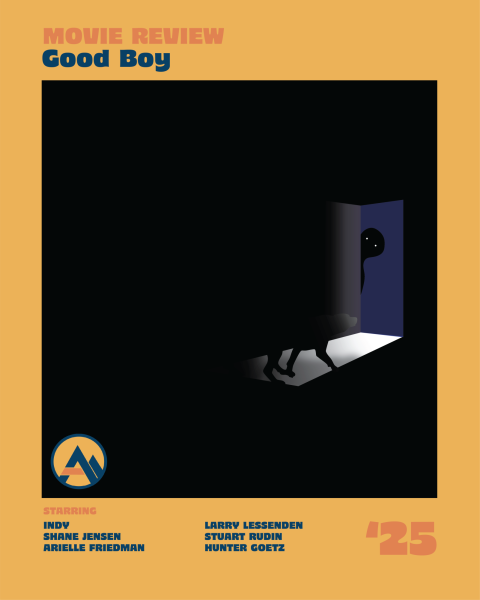North Carolina to remain in Phase 3 as state sees highest peak in COVID-19 cases
October 22, 2020
North Carolina will remain in Phase 3 for the next three weeks after trending in the “wrong direction,” Gov. Roy Cooper announced Wednesday.
Last Thursday and Friday, North Carolina had its highest number of daily positive cases since COVID-19 reached the state in March. Cases have surpassed the previous peak of 2,434 cases in July.
There have now been over 4,000 COVID-19 deaths and 250,000 COVID-19 cases overall in North Carolina, according to the North Carolina Department of Health and Human Services.
In a press release for Biden for President, North Carolina Communications Director Maya Humes said, “On the same day we reached 4,000 COVID-19 deaths and 250,000 positive COVID-19 cases, President Trump is coming to North Carolina and purposefully ignoring public health guidelines to hold a large rally with no social distancing or requirement for face masks.”
Data from the NCDHHS shows that hospitalizations are increasing and North Carolina case trajectory is up, but capacity still exists and testing capacity is high.
“This has been a really hard year. I understand how much everyone wants to be with family and friends without having to worry about a virus,” said Mandy Cohen, secretary of the North Carolina Department of Health and Human Services. “We are doing everything we can to slow the spread of the virus. Ignoring the virus does not make it go away.”
Cohen said there has been a rise in cases due to informal gatherings, such as get-togethers, parties and religious gatherings.
She also said that any time people come together, chances of transmission are higher and, because of this, people should keep groups small no matter the relationships.
“As hard as this ends, it will end. We will get through this. Whatever your reason, get behind the mask,” Cohen said.
Cooper will encourage law enforcement to enforce state and local mask regulations. Local health departments and health and human services also have authority under health laws to enforce safety precautions.
“I know it’s frustrating to be out there in a store or restaurant and seeing people who are not complying with the rules,” Cooper said. “I encourage you to reach out to an employee or management of an establishment to inform them that someone is not complying with the rules.”
Cooper said law enforcement will remove or cite a person in a retail establishment who refuses to wear a mask or leave.
County data has also been broken down to show that hospitals are more strained in certain more populated, urban areas such as Mecklenburg County, which has hosted 32,264 COVID-19 cases.
However, Cohen said that data has shown the percentage of tests that are positive are lower than in July.
She encouraged people to pick up the phone and work with the local health department to ensure proper contact tracing.
People are not required, but encouraged to report positive cases and clusters to ensure people have an understanding of where clusters are forming and to break that chain of transmission.
“We are continuing to work with data and talk with teachers, principals, education, health officials,” Cooper said. “Our number one goal is to safely get students back to in-person learning.”
As of now, North Carolina school systems can choose to teach remotely or through a hybrid of online and in-person learning. They also have the option to allow students in grades K-5 go back fully in-person with safety precautions.
Cohen said the North Carolina Department of Health and Human Services has used scientific research to enforce decision-making with schools.
Part of this research demonstrates children under 10 are less likely to contract, transmit and show symptoms of COVID-19, but children with underlying medical conditions are at increased risk for COVID-19.
Cooper addressed other concerns such as flu season and cold weather approaching.
“As we head into colder months, the virus likes to spread as we move activities indoors,” Cohen said. “I am concerned that our cases will go up and we will see more positive cases with more indoor activities and informal gatherings.”
Cooper and Cohen said it is critical to take the time to focus on the basics, such as washing your hands, wearing a mask and waiting six feet apart from other people.
“I know that it’s tiring and difficult to keep up our guard, especially with people we love, but we must keep prevention at the forefront. Wearing a mask shows that you care about people. It’s an easy way to protect our community and look out for each other,” Cooper said. “Let’s keep working together. Let’s keep doing what works.”














